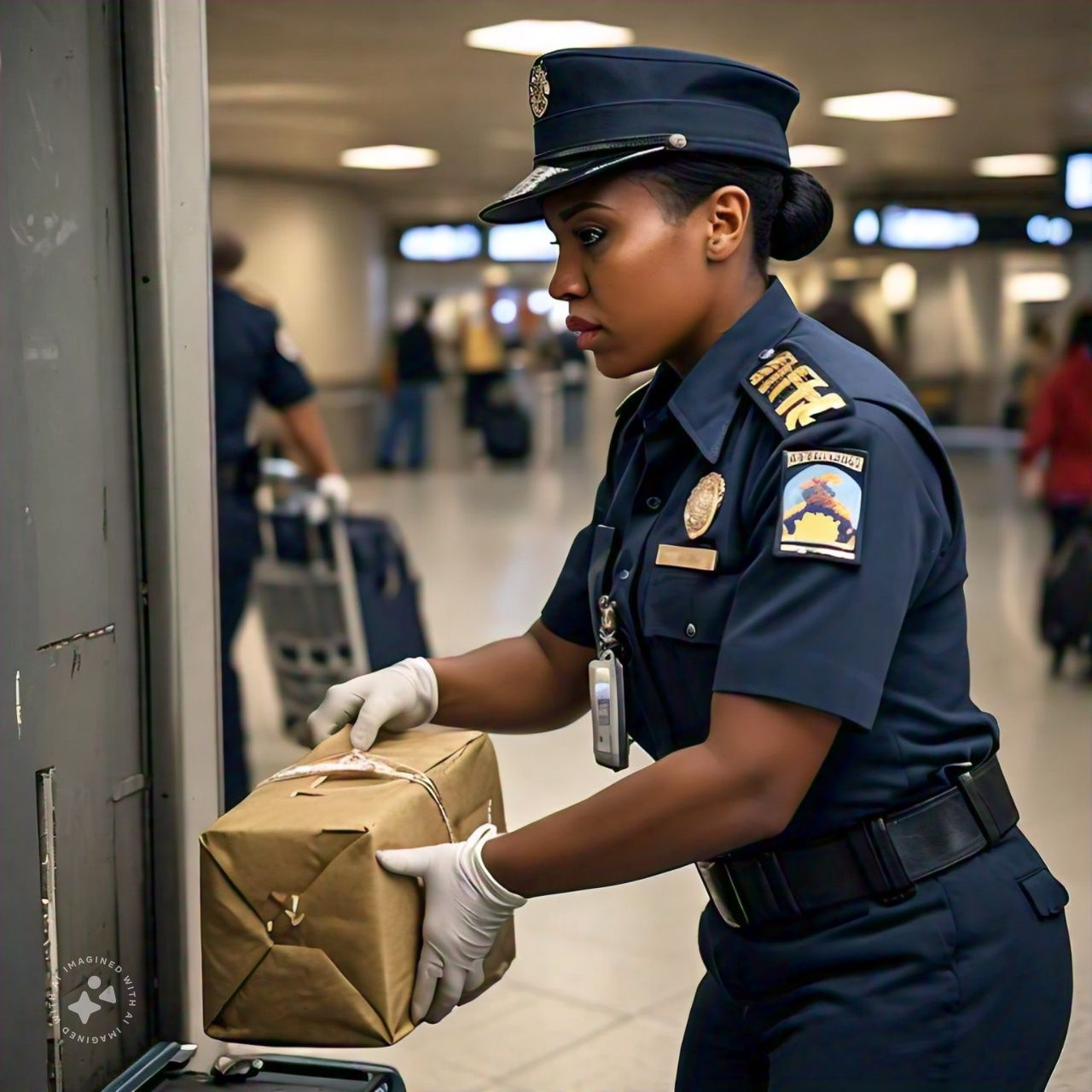Types of Security Guards: An Overview
Security guards play a vital role in safeguarding businesses, individuals, and assets. Different environments and situations require specific types of security personnel, each with unique skills and responsibilities. In this post, we’ll explore the various types of security guards and how their roles cater to different industries and security needs.
1. Unarmed Security Guards
Unarmed security guards are the most common type of security personnel. They provide protection without carrying weapons, making them suitable for environments like corporate offices, retail stores, and residential buildings. These guards focus on monitoring activities, controlling access, and handling minor incidents like disputes or suspicious behavior. They are often the first line of defense and serve as a visible deterrent to potential threats.
In industries such as construction, unarmed security is crucial. For example, construction site security services ensure that sites are protected from theft, vandalism, and unauthorized entry, especially during off-hours when valuable equipment and materials are at risk.
2. Armed Security Guards
Armed security guards are highly trained personnel authorized to carry firearms or other weapons. They are generally employed in environments where there is a higher risk of criminal activity, such as banks, high-end retail establishments, and sensitive government facilities. Their training includes not only handling firearms but also de-escalating high-risk situations to avoid violence whenever possible.
3. Mobile Patrol Guards
Mobile patrol security offers a flexible security solution where guards patrol designated areas using vehicles, often for larger spaces like industrial complexes, shopping centers, and residential neighborhoods. These guards regularly check various locations, ensuring safety and responding quickly to alarms or incidents. They provide peace of mind, knowing that the site is continuously monitored and guarded.
Mobile patrols can also integrate with electronic security systems, such as CCTV and alarms, for a more comprehensive approach. This combination allows guards to stay aware of any suspicious activity, ensuring quick action when needed.
4. Event Security Guards
Event security guards specialize in crowd control and maintaining order at large events, such as concerts, festivals, and sports games. Their responsibilities include screening attendees, controlling entry and exit points, ensuring emergency protocols are followed, and handling unruly behavior. Their training focuses on managing large crowds and minimizing risks in high-traffic areas.
5. Concierge Security Guards
Concierge security guards combine the responsibilities of a traditional security guard with customer service duties. Found in places like high-end residential buildings, hotels, and corporate offices, these guards not only ensure security but also assist visitors, provide directions, and monitor building access. They play a dual role, balancing hospitality with vigilance.
6. Construction Site Security Guards
Construction sites are often vulnerable to theft, vandalism, and trespassing, especially after hours. Construction site security guards are specifically trained to safeguard these areas, ensuring that valuable equipment and materials are protected. They monitor access points, patrol the site, and respond to alarms or suspicious activities. By utilizing construction site security, companies can reduce the risk of project delays caused by theft or damage.
7. Technology-Integrated Security Guards
With the rise of modern security technologies, some security guards are trained to operate advanced electronic systems. These guards manage systems like surveillance cameras, access control panels, and motion sensors, integrating their expertise with technology for enhanced security measures. The role of technology in improving security efficiency is becoming increasingly important, as it allows security guards to monitor multiple areas simultaneously and respond faster to potential incidents.
8. Bodyguard Services
Bodyguards are specially trained to protect individuals, often high-profile people like celebrities, executives, or politicians. Their main job is to ensure the personal safety of their clients by assessing risks, controlling access, and sometimes even escorting them in high-risk environments. These security professionals are skilled in conflict resolution, physical defense, and emergency response.
9. Cybersecurity Guards
With the digital world presenting growing threats, cybersecurity guards focus on protecting an organization’s digital assets. They monitor and safeguard networks, servers, and sensitive information from cyber-attacks. These security professionals work alongside IT departments to implement security protocols and respond to data breaches or hacking attempts.
Conclusion
Security guards come in various forms, each with specialized skills tailored to different environments. Whether it’s protecting a construction site, managing event crowds, or integrating with modern technologies, security personnel remain essential in safeguarding people and assets. For more detailed information about professional security services, explore this comprehensive resource.
